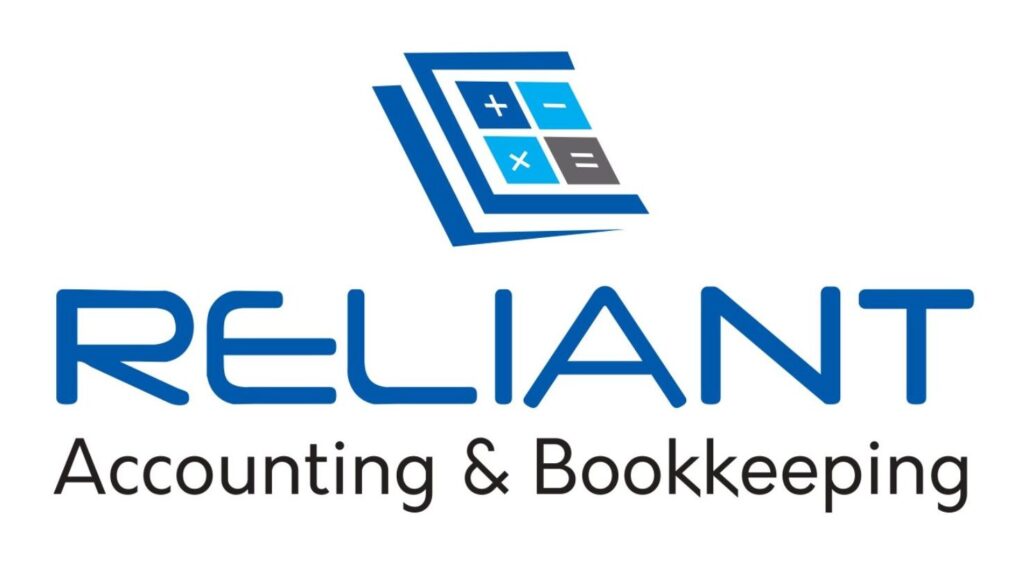Dubai Government and Taxation: A Shift Toward Economic Diversification Dubai Government and Taxation Dubai, known for its luxurious lifestyle, world-class infrastructure, and impressive business environment, has long been a global hub for trade, tourism, and finance. However, up until recently, it has largely been a tax-free paradise for residents and businesses, attracting multinational corporations and […]
Blog
Marketing Strategies for Reliant Accounting Services In today’s fast-paced world, accounting services are more crucial than ever. Whether for businesses or individuals, having reliable financial guidance is key to making informed decisions. At Reliant Accounting, we understand the importance of helping our clients manage their finances while growing their wealth. But providing top-notch accounting services […]
Understanding the Federal Tax Authority: An Overview Understanding the Federal Tax Authority The federal tax authority plays a vital role in the economic structure of any country. In the United States, the federal tax authority is known as the Internal Revenue Service (IRS), and it is responsible for administering and enforcing federal tax laws. But […]
Reliable Accounting Services: A Crucial Element for Business Success In today’s fast-paced and ever-evolving business landscape, accounting plays a pivotal role in ensuring the financial health and stability of any organization. Whether you’re a startup, a small business, or a large corporation, having reliable accounting services is essential for managing your finances, ensuring compliance with […]
Tax Preparation and Filing: The Essential Guide to Getting it Right Tax Preparation and Filing Tax season can be a stressful time for both individuals and businesses. The pressure of making sure your taxes are done correctly, on time, and in a way that minimizes your liability is no small task. Whether you are a […]
The Power of Accounting Consulting Services: Unlocking Growth and Financial Success The Power of Accounting Consulting Services In today’s competitive and fast-paced business world, companies are constantly looking for ways to optimize operations, increase profitability, and ensure financial health. While the foundation of any successful business is a solid accounting structure, many businesses face challenges […]
Understanding Audit Services: A Powerful Tool for Business Success or Risky Pitfall? Understanding Audit Services In today’s highly competitive business environment, companies are continually under pressure to maintain transparent, accurate, and trustworthy financial records. Whether you’re running a small startup or managing a large corporation, ensuring the integrity of your financial statements is crucial. This […]
Understanding Audit Services: An Essential Component for Business Success Understanding Audit Services Audit services are a vital aspect of ensuring transparency, accountability, and trust in a company’s financial operations. In essence, an audit is an independent evaluation of a company’s financial statements, records, and operations, typically conducted by external professionals known as auditors. These services […]
Reliant Accounting Services: Where Your Financial Success is Our Priority Managing your business finances shouldn’t feel like a burden—it should feel like an opportunity for growth. At Reliant Accounting Services, we believe in making accounting not just a task but a crucial part of your business strategy. If you’re tired of scrambling with numbers, dealing […]
The Business of an Accounting Firm: Building a Successful Practice The Business of an Accounting Firm: Building a Successful Practice Accounting firms are a cornerstone of the global economy, providing essential services to individuals, businesses, and organizations alike. From tax preparation to financial consulting, the industry is integral to maintaining financial integrity, transparency, and compliance. […]






